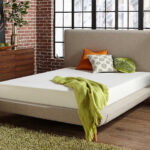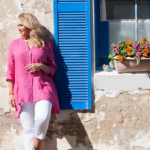Pregnancy, the time of a woman’s life that’s all about bliss, a time spent in excitement, and waiting, spent in making a list of names, planning on clothing, furniture, and toys to buy, in other words, everything that’s part of welcoming the bundle of joy in the family. For some women that’s also the period of morning sickness, as well as eating plenty of food without feeling guilty about it.

What’s also common for pregnancy is having a few aches and pains, as is the example with hip pain. This pain isn’t that much associated with the beginning, as it is with the third trimester, the period in which the body starts preparing for the upcoming labour. The reason for the pain is the releasing of many hormones (particularly relaxin), aimed at softening the connective tissues, i.e. the pelvic joints and ligaments, making them more flexible.
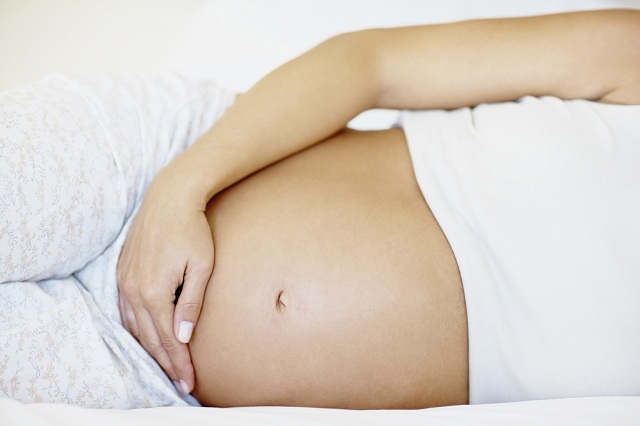
The pain can vary, from mild to severe, and it gets worse when the baby changes position. While you can’t avoid it, you can at least find the ways to lessen it, and this is the job for hips braces. Fully adjustable for maximum comfort and support whenever standing, doing physical work, ranging in sizes, the braces were designed to provide compression and stabilisation to the pelvic cradle, and sacroiliac joint (or simply, the hip area).
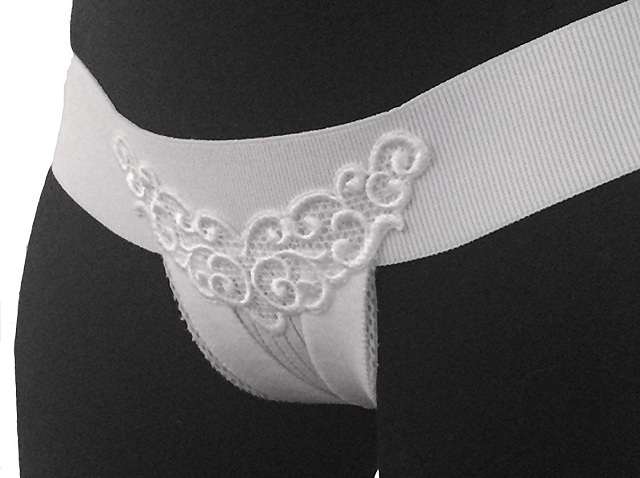
When created as a combination of hip and V2 supporter, the braces are able to provide compression in the vaginal area as well and can be used with hot or cold pack treatments. As you can guess, braces like these aren’t only good with soothing the hip pain and discomfort, but also with relieving sciatica (numbness in the buttocks, thighs), pubic symphysis, and vulvar pains, including vulvar varicosities.
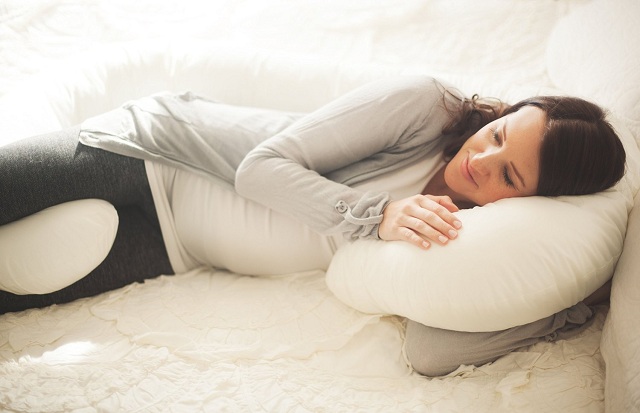
Along with acquiring one of these braces, it’s advisable to avoid standing hours on end, and make sure you use pillow or blanket when sleeping on your side, placed to support your lower back. Don’t forget the full-body pregnancy pillow either. And, of course, staying active with the suitable exercises, like opting for swimming as it is activity that takes pressure off the hips.
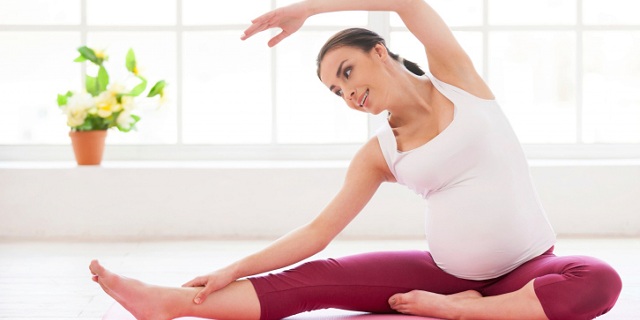
Some other things to try, even if you’re not really into them, are yoga and pilates. There are plenty of poses ideal for relieving the hip and pelvic pressure, and even specialised pre-natal classes. Last but not least, hydrate well and maintain a diet rich in magnesium and calcium.


